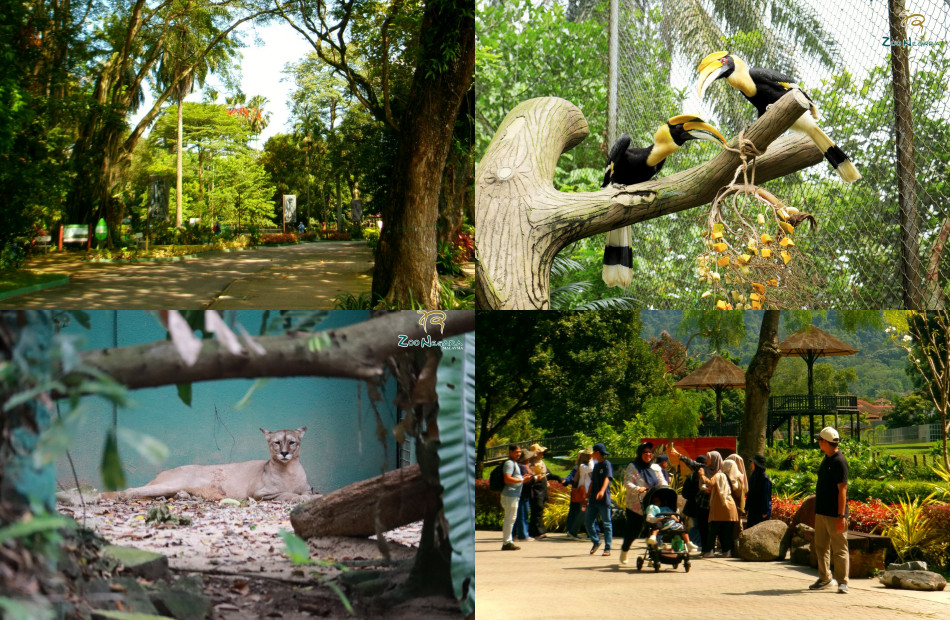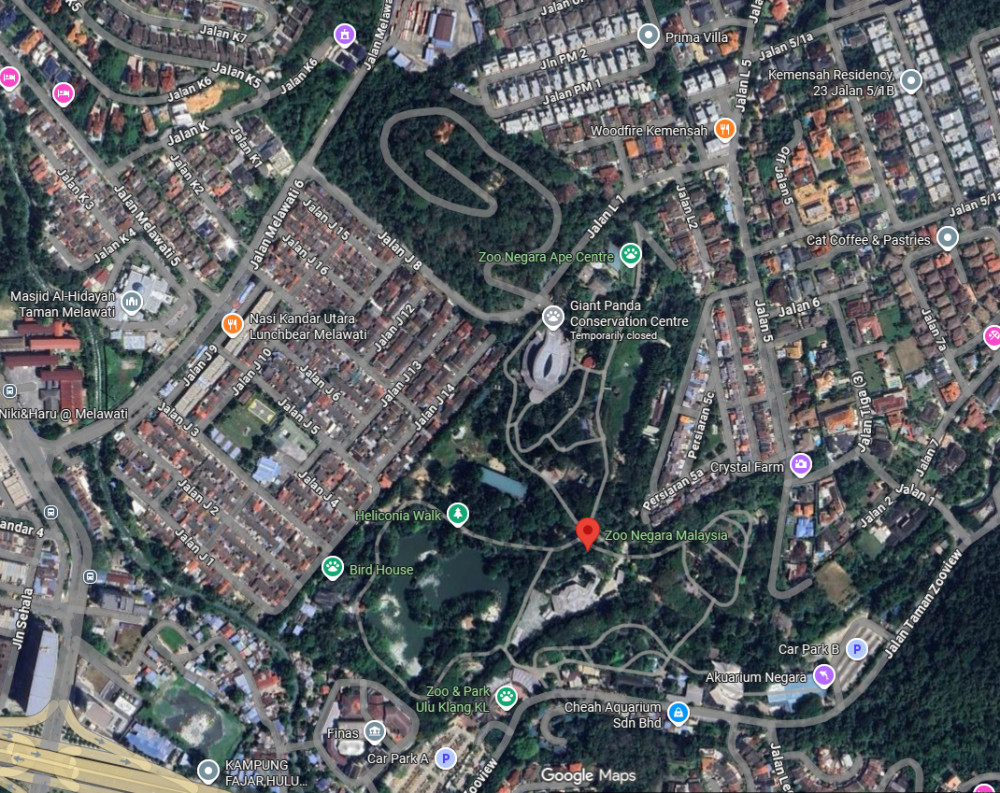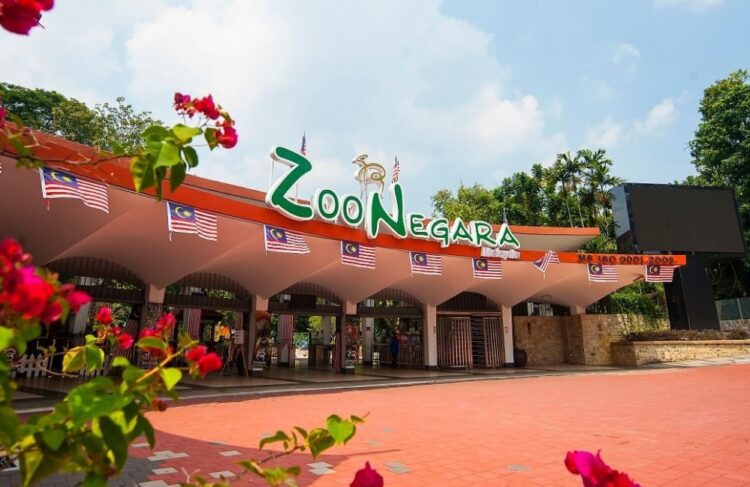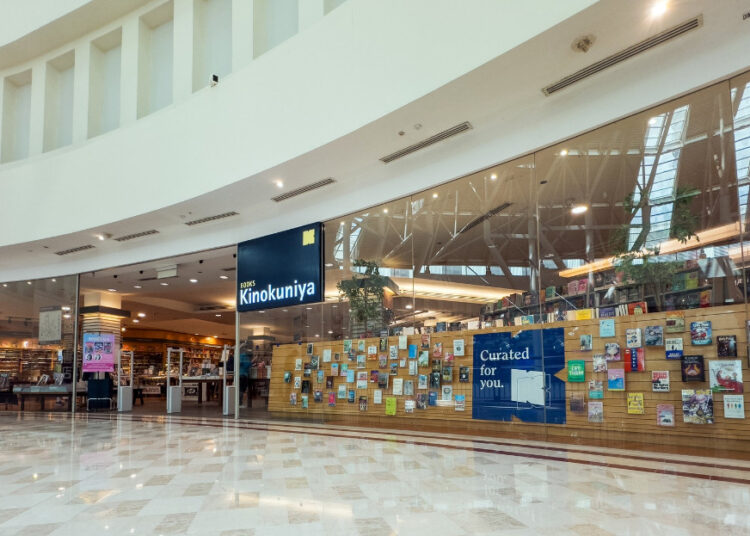Zoo Negara is one of Malaysia’s most iconic tourist destinations. It was once home to three panda cubs, Nuan Nuan, Sheng Yi, and Yi Yi, before they were sent back to China. Unfortunately, like many other establishments, it suffered greatly during the Covid-19 lockdowns, with no visitors and a limited number of staff available to care for the animals.
Although things have improved in recent years, it is still, unfortunately, not enough to sustain the business. As a result, the establishment had no choice but to sell a piece of land it has held on to for decades. What will it be used for? Here’s what we know:

Since earlier this week, residents of Taman Melawati have voiced their concerns after learning that Zoo Negara had sold a plot of unused land, which it had held since 1963, to help fund the upkeep of the national zoo. According to the NST, residents claimed that the newly gazetted Ampang Jaya Municipal Council Local Plan shows the land has been reclassified for commercial use.
Locals in the area have urged the establishment, the new owner of the land and the Selangor government to come forward and clarify what the land will be used for in the future. Zoo Negara deputy president Datuk Rosly Lana has since come forward to clarify the sale of the land, which has become a controversial issue among many.

“When the Covid-19 pandemic struck, the council decided to sell the land to raise money to feed the animals, pay salaries, and cover maintenance costs,” he said, admitting that Zoo Negara had been in a desperate situation. “We only had RM1 million in savings, but our monthly expenses were between RM1.3 million and RM1.5 million. So, we decided to sell the unused land. It was unsuitable for zoo purposes — being hilly, especially in this area, people were not keen to buy it due to the risk of landslides. Even obtaining development approvals would have been difficult. So, we sold it off to keep the zoo running.”
As for the future use of the land, the New Straits Times (NST) reported that the Ampang Jaya Municipal Council clarified: “In this context, ‘commercial’ refers to sports and recreational facilities managed by private entities for business purposes. Examples of permitted facilities include futsal courts, swimming pools, golf courses, and other commercial recreational facilities. The area cannot be developed for shops or offices, but only for private sports and recreational activities.”







